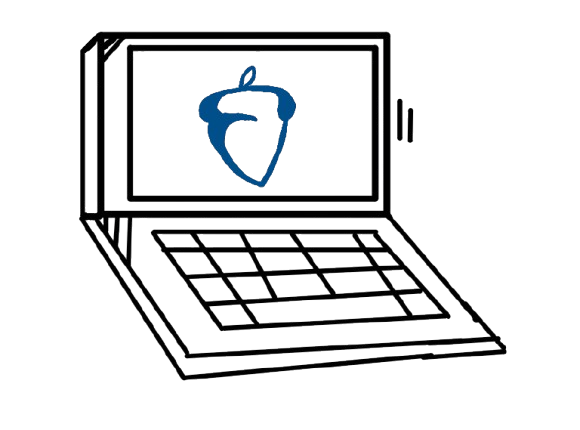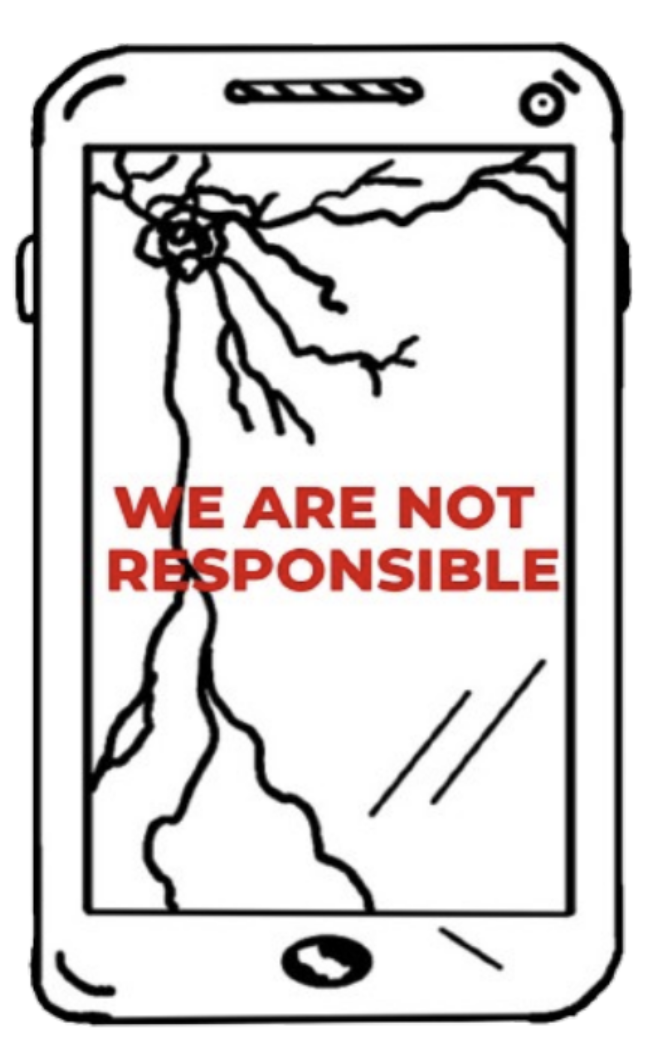As AP tests are coming up in May, teachers and students worry about the shift to the online format with the exception of certain open response questions. Teachers are adapting and preparing for this new format.
In late July, College Board announced that 28 more exams were going hybrid or fully online, citing dissemination of test materials before the test date as the prime reason for the change. According to Trevor Packer, head of the AP program, an increased number of canceled AP exams tied to cheating attempts prompted the move to digital tests.
Junior Zora Key is worried over the sudden shift of AP Exams from fully on paper to almost entirely online.
“My eyes get really tired just from doing schoolwork so I don’t think I’m gonna do well for a multi-hour test that’s digital,” Key said. “I think scores are gonna go down this year so they’re gonna have to make some adjustments.”
Senior Kayla Jiminez shares this worry, concerned about how her Dyslexia will affect her online testing.
“As someone who’s Dyslexic, already put under the pressure of trying to read everything and answer all the questions, it’s already stressful. I read slower on computers than I do on paper, on paper you actually have the chance to mark things and take notes on the side and it helps you summarize and understand what you’re reading better.”
College Board claims the reason they are making this transition is because it will combat cheating. Contrastingly, AP Calculus AB teacher, Jake Davis, doubts this is the main reason.
“The other aspect of it that they won’t admit to is that it’s cheaper. Every dollar they save is another dollar in their pocket,” Davis said. Because the tests are moving online, AP no longer has to print out millions of packets and deliver them to a site for teachers to grade, drastically reducing costs.
AP Literature teacher, Amber McCuien, backs this viewpoint, claiming that few teachers have trust in College Board.
McCuien said she is confused about how cheating occurred.
“I don’t really understand how that could have happened, because these students last year took their exam on May 5 or May 8 all at the same time, so I don’t understand how they could have been given a copy of the test.”
Key is also confused about this:
Many have criticized the lack of information provided to the public about the transition. McCuien says there is a lack of guidance that teachers have been given on how to adapt to this new format.
McCuien is also concerned about the lack of resources they have received for this new format.
“It feels like College Board has made this dictate, but hasn’t really provided us with any resources to make it happen within our classrooms to prepare students for this. It doesn’t feel like our district has either, and we have asked. So it is kind of just left to the teachers to figure it out,” McCuien said.
Davis says that he has also been left in the dark, leaving him to adapt on his own by finding solutions through outside organizations.
“I have gone and read on message boards and nobody really seems to have a good solution yet. I’ve read a number of things that people are trying to hopefully alleviate any of those inefficiencies of having a digital test but I’m not really sure how to go about it yet.”






